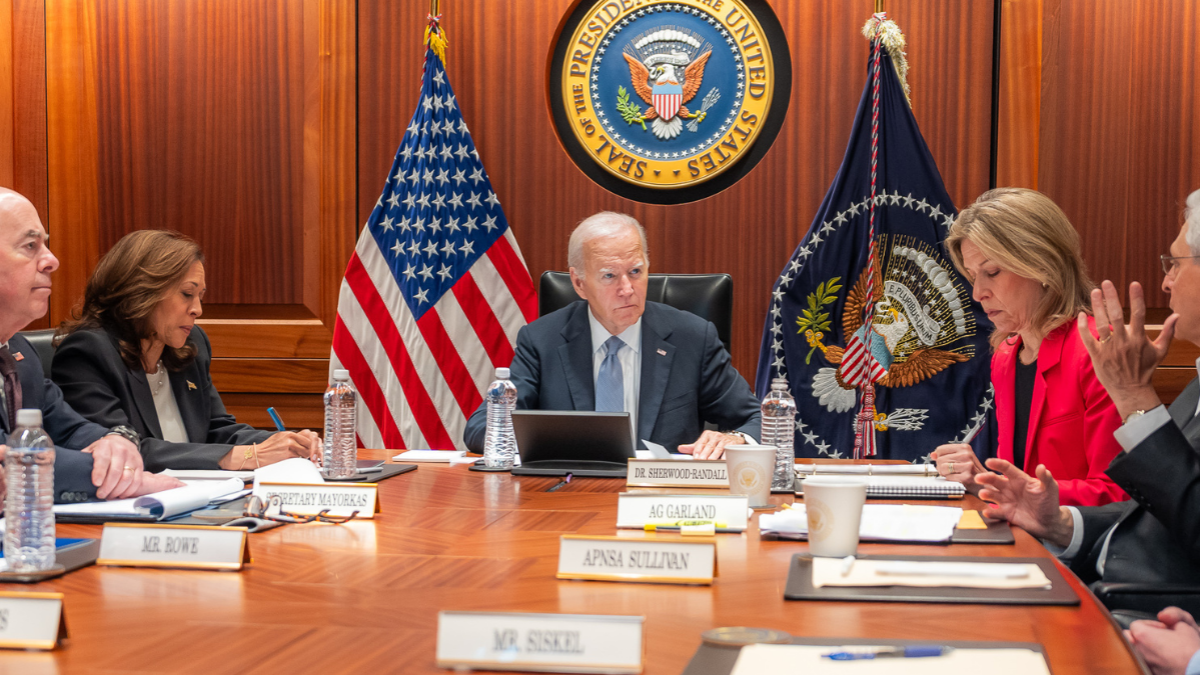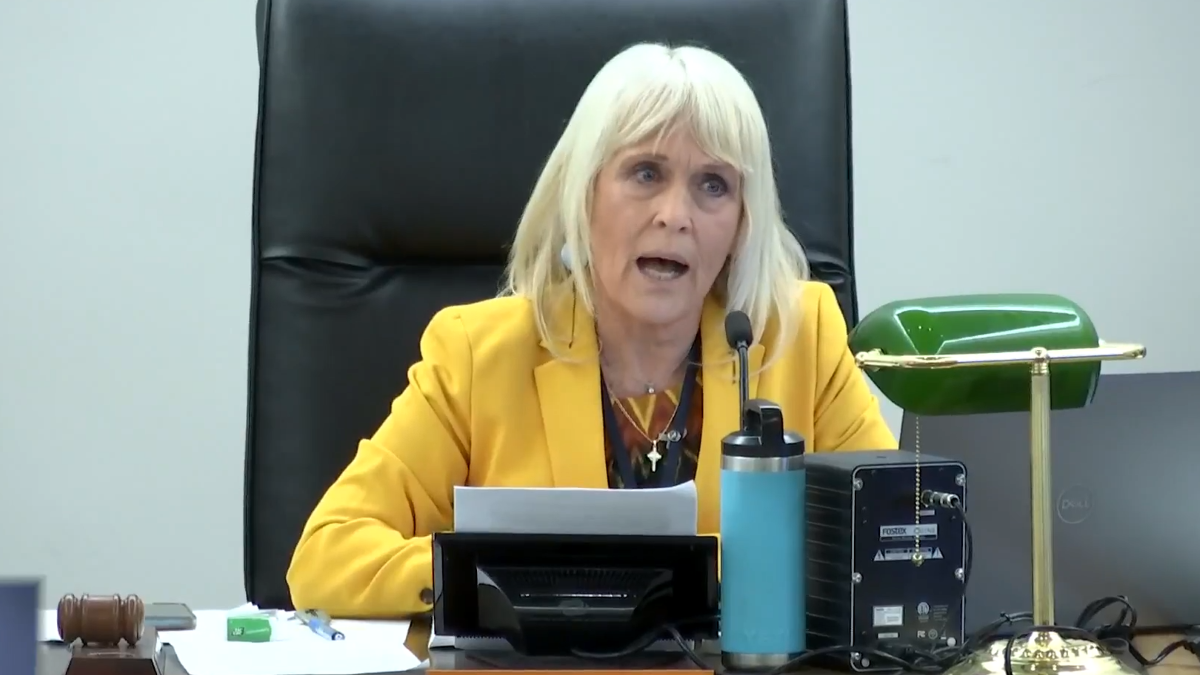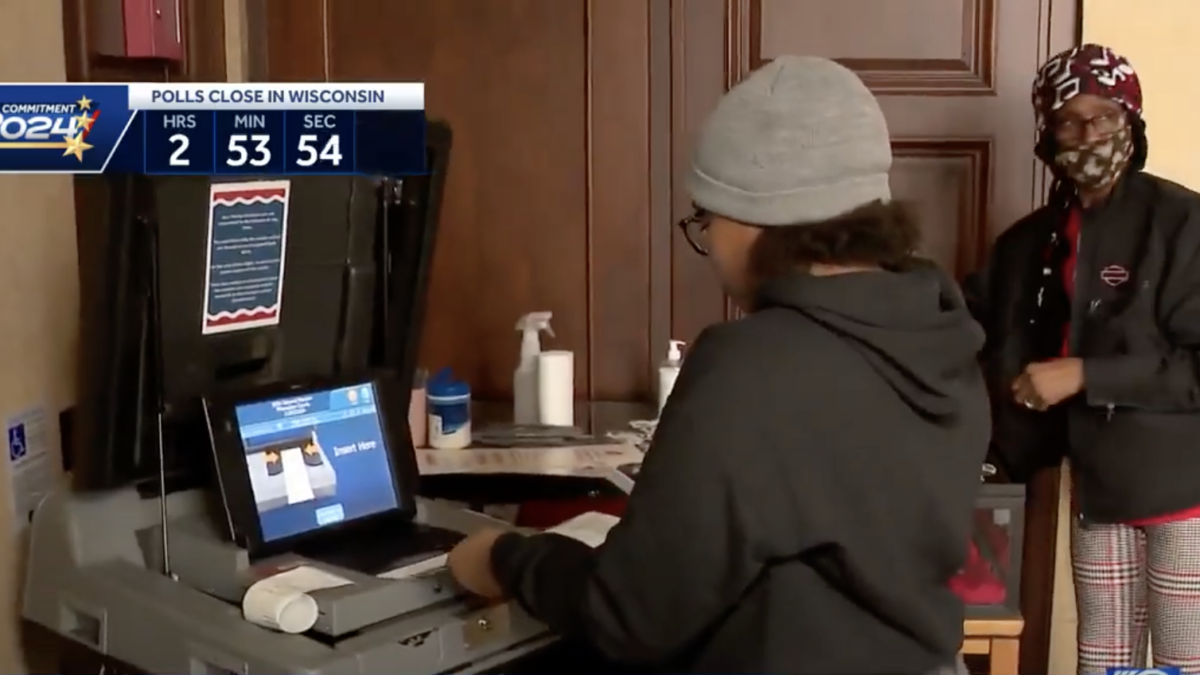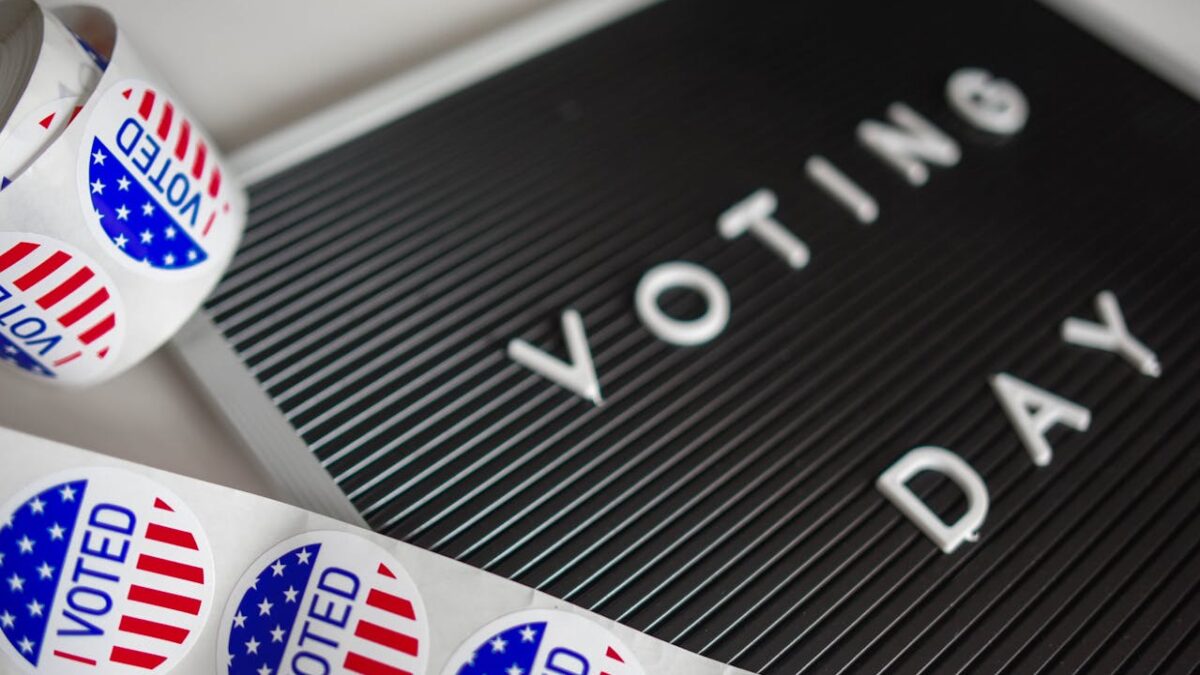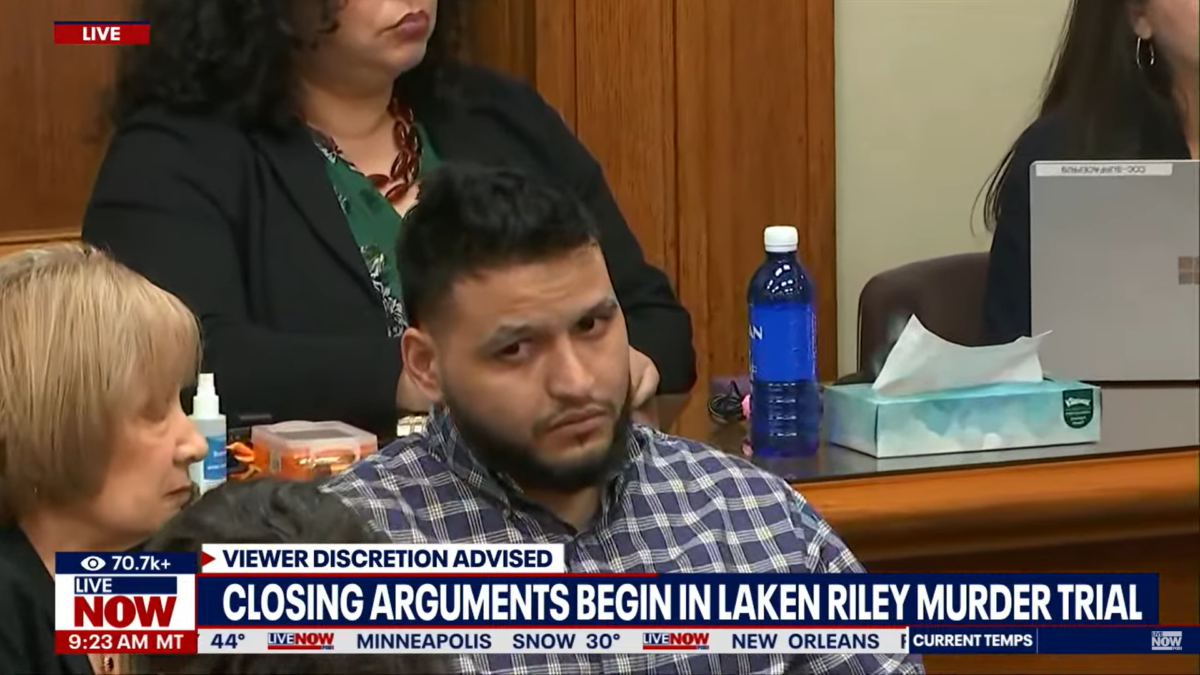A federal appeals court just blocked President Biden’s latest plan to transfer outstanding student-loan debt to hard-working American taxpayers. This comes one year after the Supreme Court struck down another version of the plan in Biden v. Nebraska. But the president and his team won’t let courts get in the way. The latest example of this blatant disregard for the law comes courtesy of Education Secretary Miguel Cardona.
Earlier this month, Cardona sent an email from the U.S. Department of Education’s account to student-loan borrowers that read like campaign propaganda: “In recent weeks, several federal courts have issued rulings in lawsuits brought by Republican elected officials who are siding with special interests.” Cardona continued: “[N]o matter how many times Republican elected officials try to stop us” “our Administration will continue to implement the SAVE Plan to the fullest extent.”
Translation: Even though our plan is illegal, we’re going to do it anyway. The message violates the 1939 Hatch Act, which prohibits federal employees from engaging in partisan activity while on duty, in a federal facility, or using federal property.
Cardona’s illegal message is only one example of the Biden administration attempting to get around adverse court rulings. In addition to violating the Hatch Act, Biden administration officials are using the Higher Education Act (HEA) to circumvent their loss before the Supreme Court by canceling debt under the guise of regulating student aid programs. They’re calling this new initiative the Saving on a Valuable Education (SAVE) Plan.
This is completely without precedent. The president and his appointees at the Department of Education are mistaken if they think that the Supreme Court’s decision in Biden v. Nebraska has nothing to say about it.
At least two of that decision’s conclusions are relevant: First, the court recognized that in the HEA, Congress authorized the department to shift student debt to taxpayers only in a limited set of rigorously defined circumstances. Second, the court characterized large-scale cancellation of student debt as a matter of “staggering” “economic and political significance” that the president is powerless to address without clear congressional authorization.
The significance of those premises may have been lost on the Biden administration, but it has not been lost on the lower courts. In partially halting the implementation of the SAVE Plan, two Democrat-appointed judges relied on precisely those portions of Biden v. Nebraska.
In Kansas, for example, U.S. District Judge Daniel D. Crabtree found that the Biden administration’s attempt to renovate the HEA’s modest dimensions represented a “transformative expansion in regulatory authority,” beyond anything Congress clearly contemplated. In Missouri, his colleague John A. Ross found Biden v. Nebraska “instructive” as he reasoned that it was “far from clear that Congress has expressly granted the Secretary” authority for SAVE’s debt cancellations.
The Biden administration’s SAVE Plan is illegal. So is its attempt to use Education Department emails to campaign. Policymakers should continue to take the administration to court to protect students and taxpayers from these executive breaches of authority.
Meanwhile, the Office of Special Counsel (which enforces the Hatch Act) should remind Cardona and other Education Department personnel of their duty to use public time and public money for the public good, not for clumsily churning out campaign fodder. And the inspector general of the Department of Education should initiate an investigation to determine whether Secretary Cardona has violated the Hatch Act.
If the Biden administration wants to “lower the temperature” of political rhetoric, its members could start by not including such rhetoric in emails sent by the U.S. Department of Education.
